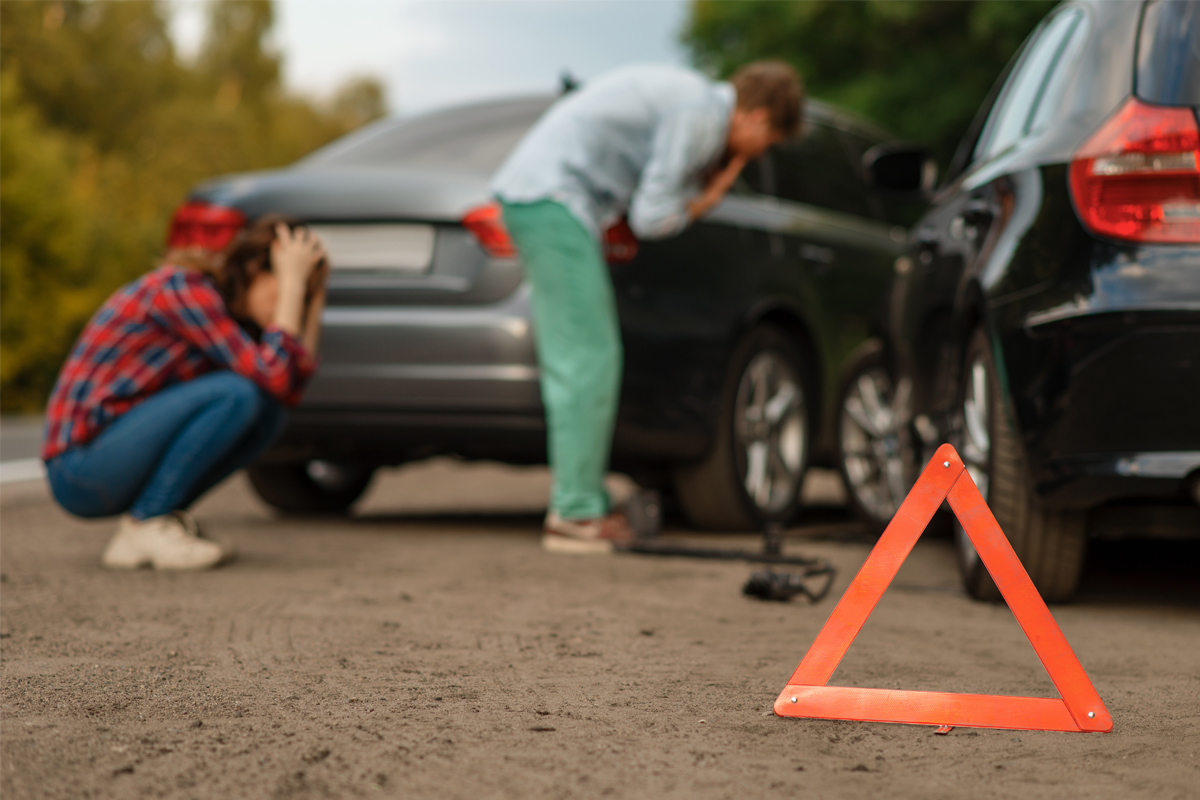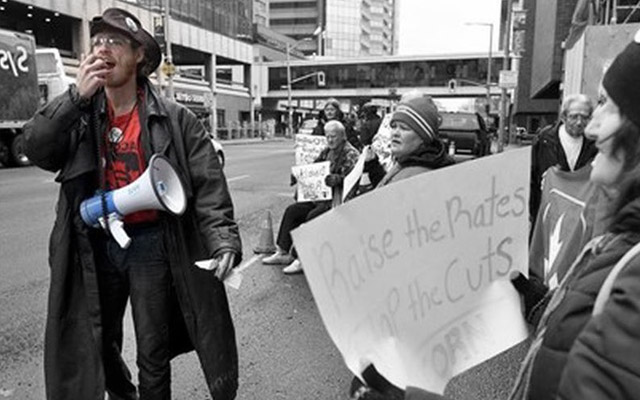To protect the people featured in the narrative, names may have been changed.
David is a fourty -year-old gentleman who has recently developed glaucoma and is now blind. He resides in Ontario, the most populous province in Canada. Ontario has 22,957 COVID-19 instances as of May 18th, with 1,904 deaths. The first case was discovered in this province on January 22, but it was only three days later that it was made public.
The ontario government only proclaimed a state of emergency on March 17, mandating the closure of most businesses. Bars and restaurants, on the other hand, were allowed to stay open, but only if they offered takeout. David continues to work as the owner of a restaurant. He did, however, have to decrease his workforce. “The majority of them are young people with flatmates, partners, and friends; it’s simply no longer safe,” he says. He admits that the possibility of contracting COVID-19 has become a growing concern for him.
Going grocery shopping and navigating stores has been one of the most challenging tasks David has faced throughout the epidemic, since “it has never been more difficult to do so for blind and partially sighted folks.” When we go to the supermarkets, most people are ignorant of the barriers,” he explains. He typically visits the same one, which is owned by a large corporation. “I was almost booted out for not adhering to social etiquette because I walked in the wrong direction down a one-way lane.” He explains, “No one ever told me there were stickers on the floor and new restrictions.” David laments the lack of knowledge and education about the needs of disabled people. “I had no idea they had installed plastic see-through shields at cash registers, nor had I seen them.” He continues, “I pushed my palm through one and almost broke it.” He has felt humiliated as a result of these events. Staff and customers advised him to “smarten up” and bring someone with him the next time. David claims that he should be able to go to the grocery alone, but even if he did, the supermarket only allows individuals to enter separately.
Furthermore, David faces numerous challenges in supermarkets, where products are frequently placed in open spaces or in the center of aisles. “It makes getting around the stores really difficult. When I ask for aid, no one wants to help or come close to me. He explains, “They won’t show me where anything is; they’ll just point at it.” He explains that his disability is not readily obvious or detectable by others. To prevent meeting various challenges at each shop, David emphasizes the significance of raising awareness and involving people with disabilities, as well as implementing uniform policies in all supermarkets. On the plus side, the supermarket now has loudspeaker announcements that provide information on the rules to follow as well as general directions.
The government, according to David, has a responsibility to “teach us on how to move around in today’s atmosphere (under COVID-19).” There have been no recommendations or guidelines for disabled people in the province so far. He no longer wants to leave the house alone or take public transportation as a result of this. “I’m afraid of sitting in the wrong seats” (as some must be left empty). He claims that “no one is providing us with any information.” David has lately become visually blind and is still getting used to moving around independently with a white cane. A representative of a local organization for visually impaired people taught him how to use a cane in ordinary life a few times a month. Taking the subway is included in this. He no longer receives such assistance as a result of COVID-19, and he believes he is unable to progress. Because he can no longer drive and public transportation is infrequent, he must rely on others to drive him around. He believes he has lost his autonomy.
Furthermore, David claims that COVID-19 has made him more anxious and nervous. He has canceled doctor’s visits because he is afraid of contracting the virus in the hospital. This, however, could have major health consequences for him. He is concerned about his children’s well-being because he has a large family. “I’m anxious, and I’m losing track of time.” “Not being able to socialize with others has had a significant impact on me,” he adds. He has attempted to assist his children with schoolwork and home schooling, but the majority of the chores necessitate the use of gadgets and programs that he frequently lacks access to. “I tried for 30 minutes but gave up; it’s incredibly annoying,” he admits.




